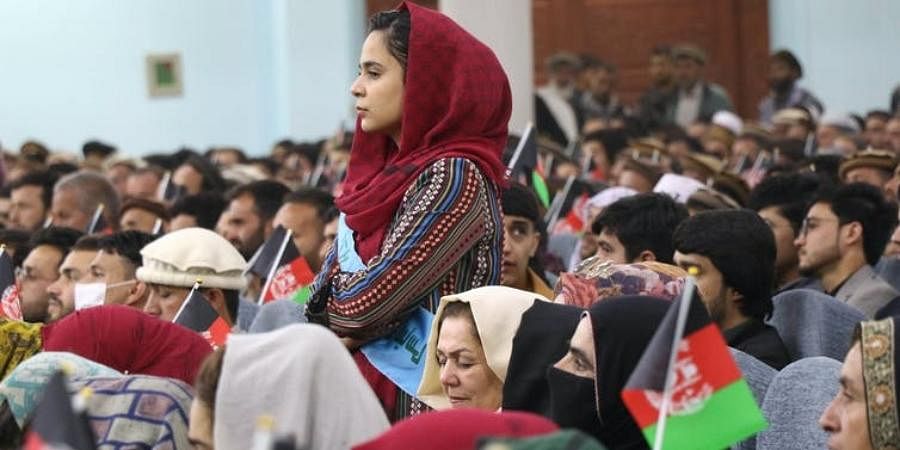45 days after the start of Taliban rule over Afghanistan, concerns about the future of the nation is still growing.
Afghanistan has been under Taliban rule for more than 45 days. Monetary resources are at record low and Kabul is in the midst of an emergent economic catastrophe. Trade volumes have plummeted due to Afghan merchants’ inability to secure the payment for new items.
Taliban’s chief of customs at Hairatan port says the movement is lowering tariff rates to entice affluent businessmen to get back inside the country. Maulvi Saeed claims that it would create work for the masses and those “businessmen will be rewarded hereafter.”
The group has established distinct visiting periods for men and women in various places. At Blue Mosque in Mazar-i-Sharif, for example, females can take a visit in morning hours, while males have the permission to use the remaining hours. There are lots of ladies wandering around, but substantially less than before.
Taliban has since been alleged with attempting to change the local culture and put gradual restrictions on individual freedoms. “Western influences have been here for the past 20 years… Control of Afghanistan has passed from one foreign hand to another for 40 years, we have lost our own traditions and values. We are bringing our culture back to life,” a local Taliban leader in Mazar-i-Sharif responds to the allegations. Taliban firmly believes that facilitating a mixture of women and men in one place is against religious rulings.
The Taliban’s vision of religious politics may conflict less with the views of people in rustic areas. Afghan citizens in larger towns, however, remain wary of the country’s future under Taliban. Decades of propaganda and a legacy of suicide bombings and deliberate killings in city environments is certainly a part of Taliban identity.
Taliban Rule
Since the start of Covide-19 pandemic, one of the utmost global concerns was how to manage the education system. Short-term suspension of an education system may lead to long-term harms to the social, economic, and administerial structure of the country.
Since the start of Taliban rule, the education of girls along with the fate of academic systems, have been a major concern. Taliban started the rule by announcing moderate measures regarding the education arrangements. The group, however, gradually introduced stricter measures.
While Private universities are open, state academic facilities remain closed for the time being. In the beginning, male and female pupils were subject to division by a sheet in classrooms. The new ruling, however, suspended the presence of females in universities till further announcements.
The female society has other concerns too. They fear of facing bans for working outside, despite the Taliban’s denials. Taliban has advised women to say home, however, with the exception of tutors and medical staff.
The group imposed considerably more stringent regulations during their former period of reign two decades ago. Taliban rule saw prohibiting women from exiting the house alone, without a male family member. The concern in Afghan society now is that those regulations will be enacted gradually again in the future.
Despite their strong control over the land, Taliban have yet to capture mentality and thinking of Afghan people. Taking control over Afghanistan was difficult, but establishing the legal system and order and maintaining it is much more difficult.
Taliban needs to learn the civil system and social functioning to establish a social rapport in the Afghan environment. Afghan people were not provided with a route do advancement and independence during long years of occupation. Taliban rule with its oppressive nature may digress the attempts for a better future for Afghans.








